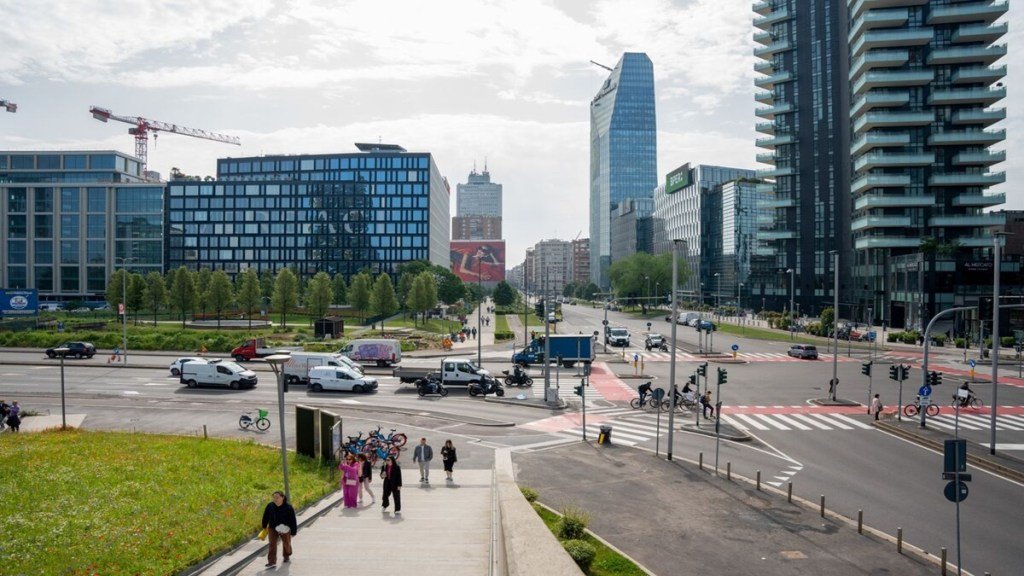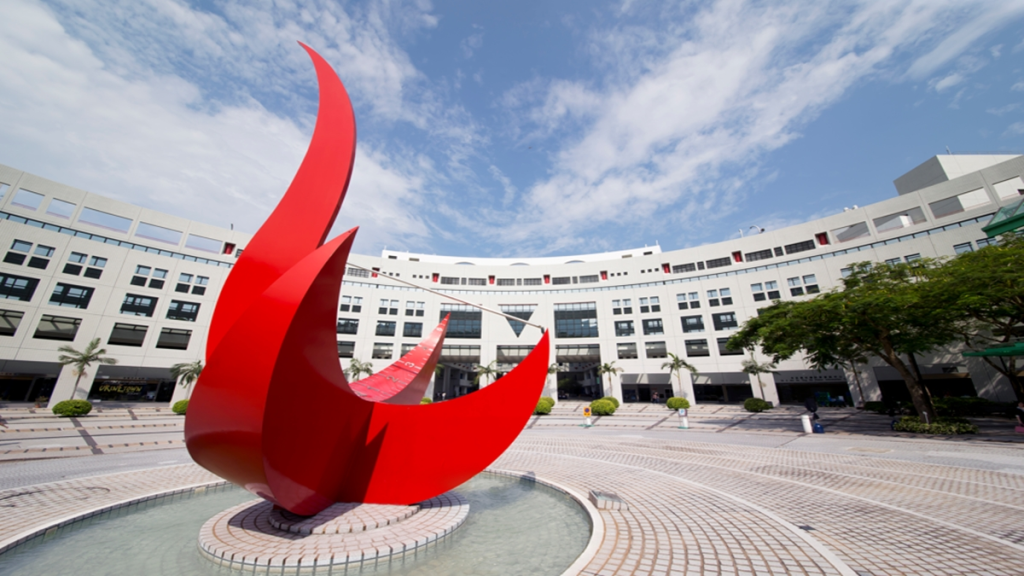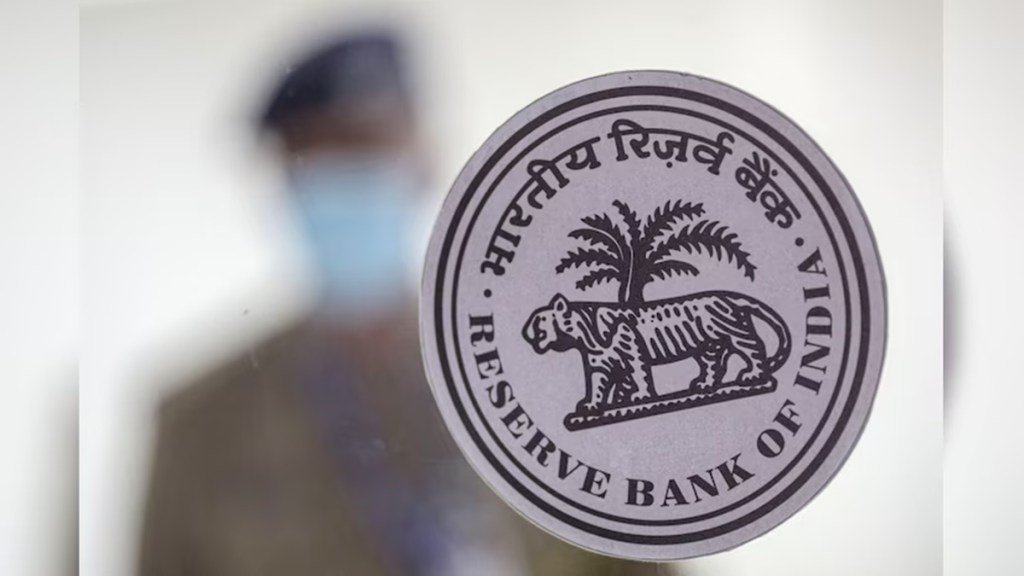
Study in Finland
Finland is widely recognized as one of the best countries for education, setting a global benchmark for excellence in learning. With a population of 5.54 million in 2024, this Nordic nation has not only kept pace with educational advancements but has consistently led the way in developing innovative teaching models and systems.

As a member of the European Union, Finland is home to 35 higher education institutions, making it an attractive destination for international students seeking a high-quality education. The country prides itself on its egalitarian society, where the pursuit of knowledge and lifelong learning is highly valued. Finland offers an ideal social environment to support both academic success and personal development.
For those looking to study at a Finnish university, there is a wide array of degree programs that emphasize student-centered learning, technological innovation, and practical skills. Life as an international student in Finland is enhanced by its robust infrastructure, cutting-edge technology, and the security of living in one of the safest countries in the world. Additionally, Finland’s stunning natural beauty, with four distinct seasons, offers a unique and refreshing backdrop to university life.
Finland is also one of the world’s most environmentally conscious countries, and sustainability is an integral part of daily life. Whether it’s recycling, energy-saving initiatives, or eco-friendly transportation, Finland is a place where citizens and institutions alike are committed to preserving the environment.
In Finland, urban life seamlessly blends with nature. Cities and towns are designed to encourage outdoor activities and exploration, no matter the season. Whether you’re enjoying a vibrant cultural scene or taking a peaceful walk through the forests, there’s always something to do or discover.
Higher education institutions in Finland are globally oriented, and there are more than 500 degree programs available in English, making it easy for international students to find a suitable course. Largely state-funded, these institutions offer world-class teaching, ensuring access to quality education for students from all backgrounds. The campuses combine natural surroundings with state-of-the-art facilities to create an inspiring learning environment.
Being a student in Finland comes with many benefits. Universities are equipped with cutting-edge labs, well-stocked libraries, and modern classrooms to support academic pursuits. A degree from a Finnish institution not only provides top-tier education but also opens the door to a promising career, whether in research, industry, or practical fields.
Why Study in Finland?
Finland is a welcoming, human-centered country where cities and towns are designed with people in mind, not just cars. Traffic jams are rare, creating a more relaxed atmosphere for daily life.
The country’s higher education institutions are designed to be small yet effective, offering personalized and functional learning environments. Each institution is internationally oriented but also reflects unique regional characteristics. Students can choose from a variety of study settings, ranging from bustling urban campuses to tranquil, nature-adjacent locations.
While Finnish universities are highly autonomous, they are primarily funded by the Ministry of Education and Culture, which also ensures the high quality of education through close oversight. These well-managed institutions:
- Adapt their curricula to meet the needs of society, business, and industry.
- Offer a wide range of high-quality English-language programs for both exchange and degree-seeking students at all levels.
- Equip students with transferable skills, preparing them for success in both academic fields and the job market.
Trust and openness are central to Finnish culture, and networking is encouraged from the start. Students are encouraged to build connections with fellow international and Finnish students, as well as with organizations and professionals. These networks often develop into lasting relationships that continue well beyond university life.
Over 400 English-Taught Programs
Finnish higher education institutions offer a wide variety of English-language degree programs. Whether you’re interested in short-term exchange opportunities or full degree programs, there are numerous study options available across various fields of study.
Excellence in Education and Research
Finland’s national policy emphasizes excellence at all levels of education, and Finnish institutions prioritize quality research and innovation. For most students in Finland, higher education is seen as a vital step toward building a solid foundation for their careers. Finnish students are highly motivated, thanks to a strong education system and national entrance exams. Unlike many other countries, Finnish students have a real influence on the quality of their education, with legislation in place to ensure that they can collaborate with teachers in developing their programs and courses.
Top-Notch Facilities for Work and Leisure
Studying in Finland comes with access to excellent facilities that support both academic success and student well-being. Universities provide well-equipped libraries with comfortable study spaces, and all students have free access to library services with a library card. Students also enjoy free internet access at all higher education institutions. Municipal library services are available to all, with basic services typically free of charge.
Social spaces such as cafés and common areas offer places to relax and meet new people during breaks. There are also numerous student clubs and organizations that organize activities and outings catering to a wide range of interests. Sports facilities are plentiful and accessible to both international and local students.
Well-Organized Infrastructure
Finland’s solid infrastructure ensures that public and private services run smoothly. All registered residents in Finland, including students, have access to essential services such as transportation, public and student healthcare, and police and emergency services. The country is known for its efficient banking services, which are advanced, user-friendly, and innovative.
In Finland, residents’ opinions are valued, and assistance with any of these services is readily available. The country’s well-organized system ensures that students can focus on their studies while enjoying a high quality of life.
How to apply
Finland’s higher education system is divided into two complementary sectors: universities and universities of applied sciences (UAS). Universities in Finland provide academic degrees at the Bachelor’s, Master’s, and Doctoral levels, while UAS institutions focus on more practical, career-oriented Bachelor’s and Master’s degrees. Both sectors offer a wide range of degree programs available in English.
For more details, visit www.studyinfinland.fi.
Tuition fees and scholarships
Non-EU/EEA students in Finland are required to pay tuition fees for English-taught Bachelor’s and Master’s programs. However, universities offer scholarship opportunities for exceptional non-EU/EEA students who are admitted to degree programs with tuition fees. Each university has its own fee structure and scholarship system, with annual fees ranging from €5,000 to €18,000. Detailed information about scholarships can be obtained directly from the universities.
EU/EEA citizens are exempt from tuition fees.
For more information, visit: www.studyinfinland.fi/scholarships.
Do you meet the English language requirements?
To study in Finland, you will need to provide an official English language certificate. This requires passing one of the internationally recognized English proficiency tests. You can either prepare for these tests independently or enroll in an English language preparation course. Many schools and institutions around the world offer these courses.
By taking the right preparation course, you will enhance your language skills and be better equipped to achieve the required scores for exams such as IELTS, TOEFL, PTE Academic, C1 Advanced, or other English proficiency tests.
Living in Finland
Let’s take a closer look at the student life, tuition, and living expenses in Finland:
Student unions what are they?
In Finland, every higher education institution has a student union dedicated to representing and supporting students’ interests. When you receive your Finnish student card, you automatically become a member of your local student union.
University student unions are part of a national umbrella organization, the National Union of University Students in Finland (SYL). Similarly, student unions at universities of applied sciences are part of the Union of Students in Finnish Universities of Applied Sciences (SAMOK). Membership in these student unions gives you access to various discounts and benefits, as well as opportunities to participate in a wide range of social and extracurricular activities organized by the unions.
Student clubs and associations
In addition to the student unions at the national and institutional levels, your faculty or department may have its own student club. Furthermore, there are often various other clubs and student associations that focus on specific hobbies, sports, or other interests. You can find information about these groups on your institution’s noticeboards, through student services, or by asking fellow students.
Tuition fees in Finland
Tuition fees at Finnish universities depend on factors such as the type of institution, the student’s nationality, and the level of education (undergraduate or postgraduate). The fee structure for public universities is as follows:
- 0 EUR/year for EU/EEA and Swiss students
- 5,000–18,000 EUR/year for non-EU/EEA students
- 0 EUR/year for PhD programmes, available to all international students
Private universities generally have higher tuition fees and may not distinguish between EU/EEA and non-EU/EEA students.
To find the cheapest universities in Finland, it is important to consider the specific institutions and the programs offered, as fees can vary.
Living
Finns are known for being friendly, reliable, and trustworthy, making them great friends and companions. Living and studying in Finland offers you the chance to enjoy a laid-back lifestyle while benefiting from the country’s high standards of living.
Cost of Living
The average monthly living expenses for a student in Finland range from 700 to 900 EUR. These costs can vary depending on the city you are studying in. For instance, accommodation and other living expenses tend to be higher in the Helsinki metropolitan area and other major cities.
For more details, visit Study in Finland – Fees and Costs.
Housing & Transportation
Student accommodation in Finland is typically arranged through student housing foundations, which cater to both exchange and degree students. Many cities and towns also offer dormitories managed by local municipalities or educational institutions.
For more information on student accommodation in Finland, visit: Accommodation in Finland.
Public transport in Finland is highly efficient, and students benefit from special discounts, making commuting affordable. Owning a car is not necessary when living in the larger Finnish cities.
Regulations & Advice
Once you’ve secured a study placement in Finland—whether for exchange studies, a full degree programme, or a research period—there are several practical steps you need to take well before your arrival. The most important of these is ensuring you have a solid plan for financing your studies in Finland. This is crucial not only for meeting the financial requirements for your student residence permit but also for your overall financial security during your time in Finland.
Non-EU/EEA students, in particular, should have a clear plan for covering their tuition fees, as well as for managing their everyday living expenses independently.
Additionally, make sure to allow enough time to complete necessary formalities, such as obtaining a passport, arranging for your residence permit, and securing health insurance.
Once you arrive, you can seek assistance with any practical matters from your host institution or student union. If you have any questions or need guidance on anything related to student life in Finland, don’t hesitate to reach out to the International Office at your Finnish university, your student union, or fellow students. They are there to help you make the most of your experience.
Visa and student residence permit
Non-EU/EEA students are required to obtain a student residence permit to study in Finland. Once you have received your official acceptance letter, you can begin your residence permit application process online at Enterfinland.fi. Please note that you will also need to visit a Finnish embassy or consulate in person to complete part of the application process.
It’s important to start the residence permit application as early as possible and carefully follow the instructions provided by the immigration authorities to ensure your permit is granted well in advance of your studies.
For detailed information on the residence permit requirements and application process, visit the Finnish Immigration Service (Migri) website: https://migri.fi/en/studying-in-finland.
After graduation, you may apply for an extension of your residence permit to look for work or start a business in Finland.
About Finland
Finland, located in Northern Europe, is part of the Nordic region alongside Sweden, Denmark, Iceland, and Norway. A member of the European Union since 1995, Finland is a parliamentary republic with its capital in Helsinki. Home to 5.54 million people, the majority of Finland’s population is concentrated in the southern cities, including Helsinki, Tampere, and Turku. Renowned for its high standards of living and social equality, Finland ranks among the top five countries globally in these areas. The Finnish welfare system is celebrated for its focus on the well-being of all residents.
Often called the “land of the midnight sun” or the “land of a thousand lakes,” Finland’s natural beauty and seasonal traditions attract visitors from around the world year-round. The country experiences a distinct variation in seasons: winters are filled with snow, ice skating, skiing, and warm drinks; spring brings nature back to life; summers are perfect for picnics, sauna sessions, and swimming in lakes; and autumn paints the landscape in vibrant hues, ideal for mushroom hunting and enjoying the outdoors.
Universities, colleges and schools in Finland
Akaa
- Swiss School Of Business and Management (3 Masters)
Espoo
- EIT Manufacturing Master and Doctoral School (2 Masters)
- Metropolia University of Applied Sciences (14 Masters)
- EIT RawMaterials Academy (1 Master)
Helsinki
- HELBUS Helsinki School of Business (1 Master)
- University of Helsinki (35 Masters)
- Haaga-Helia University of Applied Sciences (7 Masters)
- Metropolia University of Applied Sciences (14 Masters)
- Arcada University of Applied Sciences (8 Masters)
- School of Business (11 Masters)
- Ulysseus European University (2 Masters)
- EIT Urban Mobility Master School (1 Master)
- EIT Digital (6 Masters)
- Humak University of Applied Sciences (1 Master)
- InnoEnergy Masters+ (1 Master)
- Aalto University (77 Masters)
- Diaconia University of Applied Sciences (2 Masters)
- Hanken School of Economics (9 Masters)
Hämeenlinna
- Häme University of Applied Sciences (2 Masters)
Joensuu
- KU Leuven (1 Master)
- Karelia University of Applied Sciences (1 Master)
- University of Eastern Finland (31 Masters)
Jyväskylä
- JAMK University of Applied Sciences (9 Masters)
- University of Jyväskylä (20 Masters)
Kajaani
- Kajaani University of Applied Sciences (3 Masters)
Karleby
- Centria University of Applied Sciences (3 Masters)
Kouvola
- LUT University (35 Masters)
Kuopio
- University of Eastern Finland (31 Masters)
Lahti
- LUT University (35 Masters)
Lappeenranta
- LUT School of Energy Systems (1 Master)
- LUT University (35 Masters)
Mikkeli
- South-Eastern Finland University of Applied Sciences (1 Master)
- LUT University (35 Masters)
Oulu
- Oulu University of Applied Sciences (5 Masters)
- University of Oulu (26 Masters)
Rovaniemi
- Lapland University of Applied Sciences (2 Masters)
- Art Academy of Latvia / the University of Lapland / The Estonian Academy of Arts (1 Master)
- University of Lapland (3 Masters)
Seinäjoki
- University of Vaasa (14 Masters)
- SeAMK – Seinäjoki University of Applied Sciences (2 Masters)
Tampere
- Tampere University of Applied Sciences (4 Masters)
- Tampere University (42 Masters)
Turku
- University of Turku (29 Masters)
- Turku University of Applied Sciences (TUAS) (8 Masters)
- EIT Digital (6 Masters)
- Åbo Akademi University (10 Masters)
Vaasa
- Hanken School of Economics (9 Masters)
- University of Vaasa (14 Masters)
- Vaasa University of Applied Sciences (3 Masters)
- Åbo Akademi University (10 Masters)
Vantaa
- Laurea University of Applied Sciences (6 Masters)
- Metropolia University of Applied Sciences (14 Masters)




















